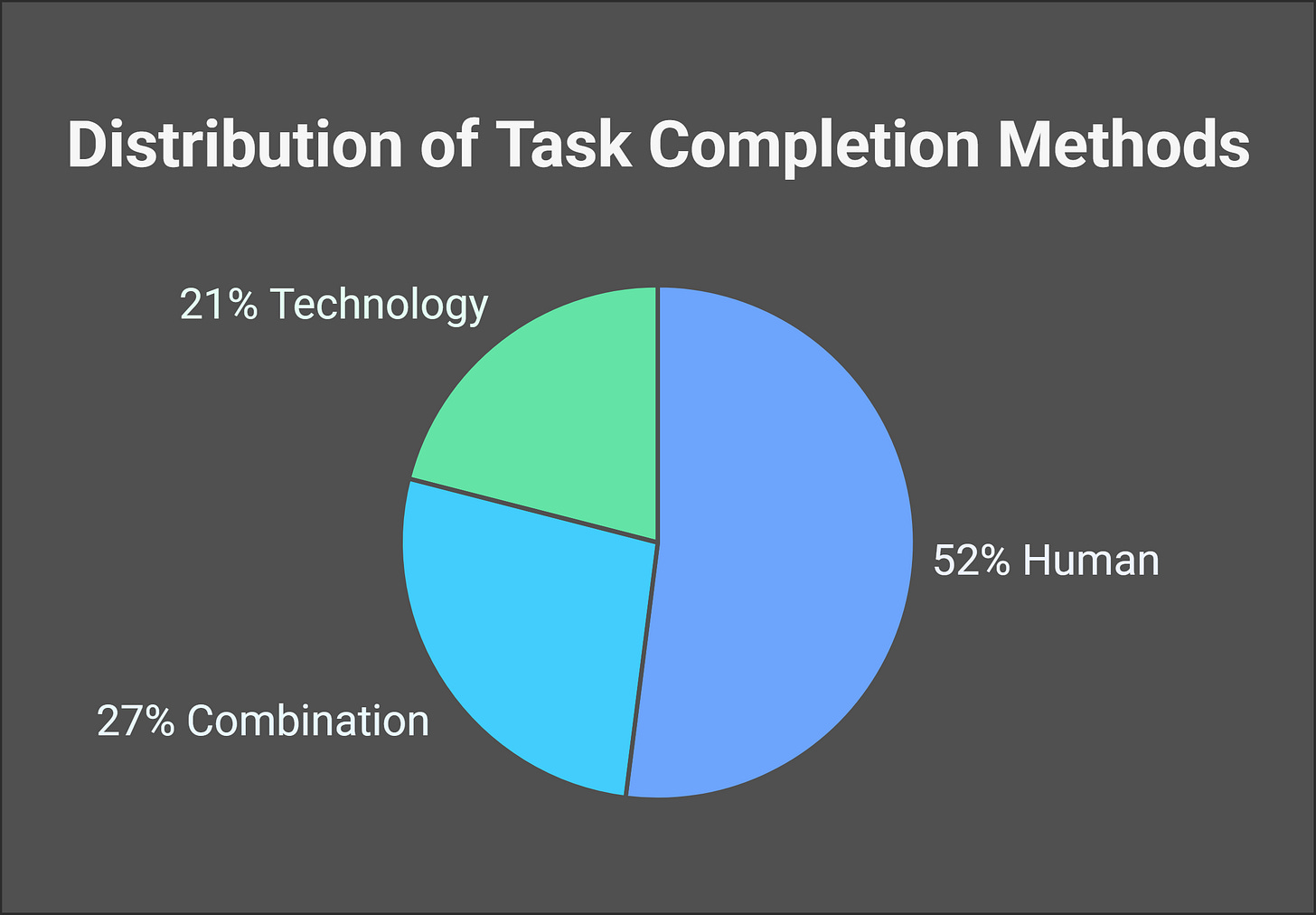Summary:
The World Economic Forum's Future of Jobs Report 2025 analyzes evolving job markets, skills, and workforce strategies.
The report highlights the impact of technological advancements (especially AI and big data), demographic shifts, and global trends like the green transition on employment.
It identifies both emerging and declining roles, emphasizes the critical need for upskilling and reskilling initiatives, and pinpoints the skills that will be most valuable in the future workforce.
The report also emphasizes the need for greater talent availability.
Key Themes and Findings:
1. Job Displacement and Creation:
The report projects significant job creation and displacement over the next five years due to various trends. There are projections for both jobs displaced, net effect, and jobs created.
AI and Machine Learning Specialists are projected for substantial job growth.
Certain clerical and administrative roles are expected to decline. For example, "Administrative Assistants and Executive Secretaries" are listed among the jobs expected to be displaced.
2. The Rise of AI and Automation:
Automation is expected to increase across industries. For example, automation in "Retail and wholesale of consumer goods" is expected to reach 50%, and in "Financial Services and Capital Markets," is expected to reach 40%.
AI and information processing technologies are expected to drive significant transformation across various sectors, according to the share of surveyed employers.
3. Critical Skills for the Future:
~ "AI and big data" - predicted by 91% of survey respondents to increase in use.
~ "Technological literacy" - predicted by 79% of survey respondents to increase in use.
~"Leadership and social influence" - predicted by 76% of survey respondents to increase in use.
~"Resilience, flexibility, and agility" - predicted by 75% of survey respondents to increase in use.
~ "Curiosity and lifelong learning"
~ Skills like "Reading, writing and mathematics",
~"Global citizenship"
~"Environmental stewardship" are also increasing in importance.4. Regional Variations in Talent Development:
Expectations for talent development vary significantly by region. "For example, companies headquartered in Eastern Asia, Sub-Saharan Africa, and Central Asia generally report high levels of optimism for the next five years. By contrast, businesses headquartered in Europe, the Middle East and Northern Africa, and Northern America are more cautious than global averages with regard to their expectations."
Employers in high-income economies express greater concern about talent retention than those in lower-middle-income economies.
5. Industry-Specific Insights:
Different industries emphasize specific skills. For example, "This emphasis on environmental skills is also evident in the Government and Public Sector, where it is double the global average. Additionally, both the Mining and Metals and Advanced Manufacturing industries place higher importance on manual dexterity, endurance, and precision skills compared to other sectors, with roughly 25% of respondents identifying this as a core skill."
The report provides an outlook for Accommodation, Food, and Leisure; Advanced Manufacturing; Agriculture, forestry, and fishing, etc.
6. The Human-Machine Frontier:

7. Talent Availability
The talent trend "Talent availability when hiring" indicates that on average, 40% of respondents expect talent availability to improve, and 47% expect it to worsen.
The talent trend "Talent development of existing workforce" indicates that on average, 7% of respondents expect talent availability to improve, and 67% expect it to worsen.
The talent trend "Talent retention of existing workforce" indicates that on average, 47% of respondents expect talent availability to improve or worsen.
Key Quotes:
"Expectations around talent development show significant regional variation. For example, companies headquartered in Eastern Asia, Sub-Saharan Africa, and Central Asia generally report high levels of optimism for the next five years. By contrast, businesses headquartered in Europe, the Middle East and Northern Africa, and Northern America are more cautious than global averages with regard to their expectations."
- WEF
Implications:
Businesses: Need to invest in upskilling and reskilling programs to prepare their workforce for future job roles. Focus on skills like AI, data analysis, and resilience.
Governments: Should support education and training initiatives to equip citizens with the skills demanded by the evolving job market. Promote policies that foster lifelong learning and adaptability.
Individuals: Must take ownership of their skills development and engage in continuous learning to remain competitive in the workforce.
Methodology:
The report's findings are based on data compiled and collected by the World Economic Forum, including the "Future of Jobs Survey 2024." The survey incorporates responses from employers and ILO employment figures. The report also cites data from various international organizations, such as the IMF and OECD.
Limitations:
The report's projections are based on current trends and expectations, which may change due to unforeseen events.
The terms "country" and "nation" may not always refer to a state as understood by international law.
Conclusion:
By understanding the trends and skills that will shape the future, businesses, governments, and individuals can proactively prepare for the challenges and opportunities that lie ahead.
Date: October 26, 2023
Source: World Economic Forum, "The Future of Jobs Report 2025" (ISBN 978-2-940631-90-2)
URL: https://www.weforum.org/reports/the-future-of-jobs-report-2025/









Share this post